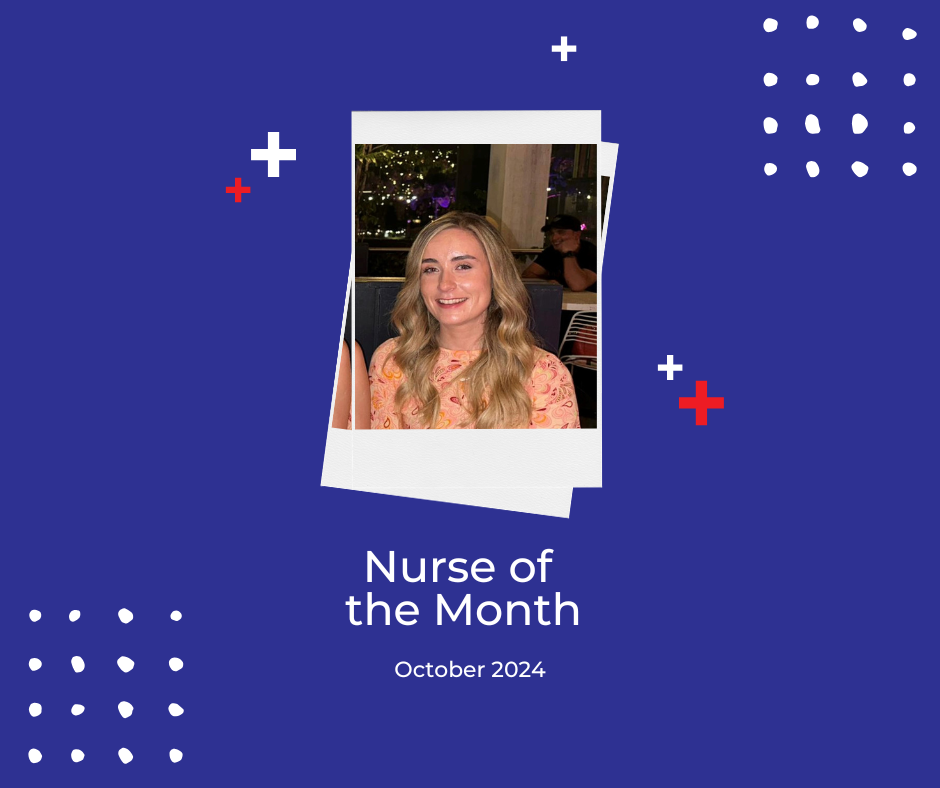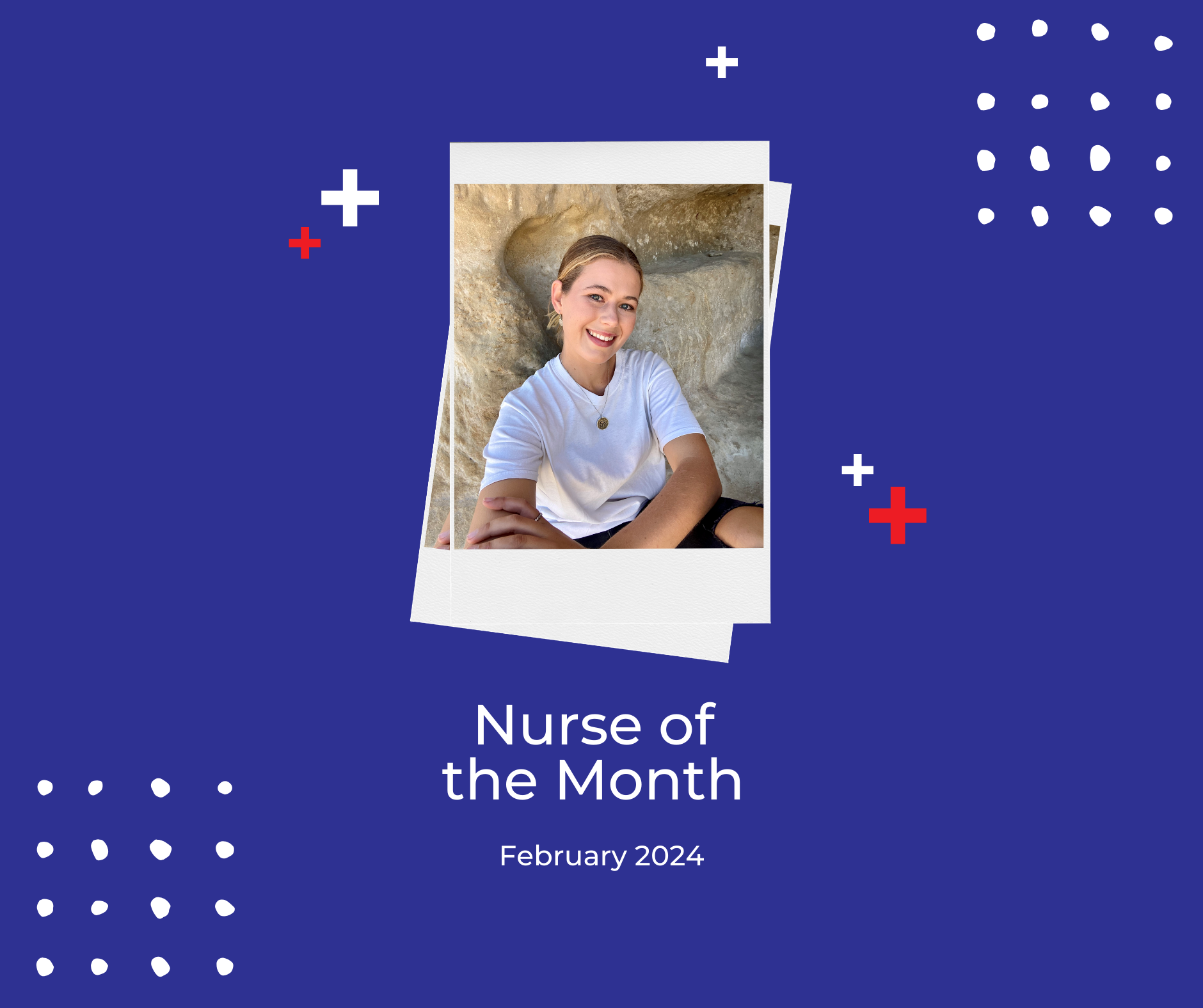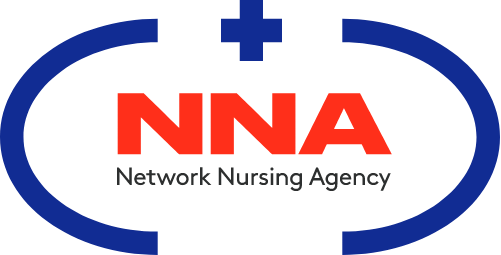What health supports are NDIS funded?
The NDIS has had a profound impact on the care sector. In recent times, changes to the NDIS as part of ongoing updates to the scheme have widened the scope of care covered under NDIS funding and produced new avenues for nursing supports to reach NDIS participants at home.
In-home nursing support is vital to allow members of our community to access the supports they need to live in the home of their choice and not be forced to chose Residental accommodation options, purely to the access of nursing supports.
NDIS funded supports are classified according to what is deemed ‘reasonable and necessary’
In order for to be considered reasonable and necessary, a support or service must;
- Must be related to a participants disability
- Must not include day-to-day living costs not related to your disability support needs, such as groceries.
- Should represent value for money.
The supports funded by the NDIS are intended to aid participants to pursue and achieve goals, increase independence, community and workplace participation and boost capacity for active participation in the local community.
Providing funding under the NDIS for an extended list of in-home nursing services empowers participants to control choices such as the provision of care via in-home nursing support.
There are several ways this is achieved as the types of nursing supports covered under the NDIS grows. Currently, the following supports are funded under the NDIS; continence supports, diabetic management, dysphagia, epilepsy, nutrition, podiatry, respiratory and wound and pressure care.
On a practical level, these supports may take many forms, with in-home Nurses completing a range of tasks under NDIS funded support such as;
• Implementation of diabetic management plans
• Epilepsy seizure monitoring
• Dysphagia support and management of an oral eating and drinking care plan
• Assistance with consumables, such as thickeners to allow easier swallowing and risk reduction
• Catheter insertion, removal or change and catheter maintenance
• Podiatry care plan management and daily maintenance
• Wound and pressure care, including consumables such as dressings, gauze, bandages etc.
• Daily maintenance of tracheostomy including insertion, removal and change in line with the care plan.
• Assistance to utilise respiratory equipment
• Nutrition supports including PEG maintenance and care
At NNA we’re here for you 24/7 with our team of qualified nurses, Nurse consultants and nurse practitioners ready to provide at-home support. Our specialised care focuses on the following;
• Goal planning
• Palliative care
• Mental health
• Post-op care
• 24-hour care
• Care assessments
• Wound care
• Continence care
• Medication management
• Complex care
Our personalised nursing services ensure that at-home care is tailored to individual needs. In doing so we adapt as those needs change over time. We understand that needs may be complex and require different types of care at different times of the day, across the week and throughout the month - which is why the recent changes to the NDIS enable us to expand the in-home support we provide, and better support the independence of NDIS participants.
Need NDIS nursing support at home or know someone who does?
Connect with us to learn how NNA Direct Support Service can work with you.














